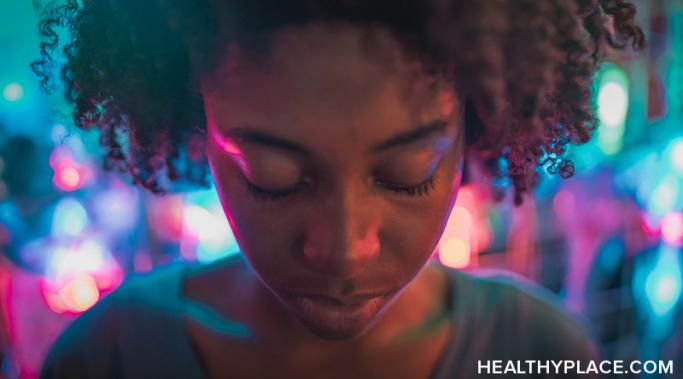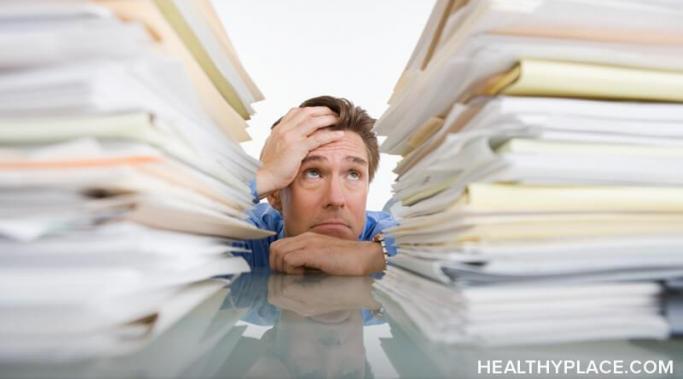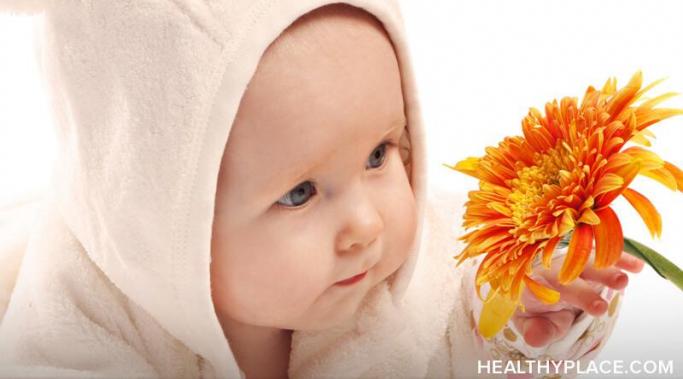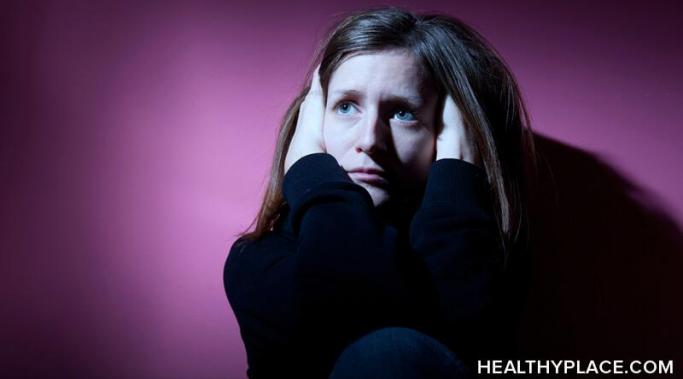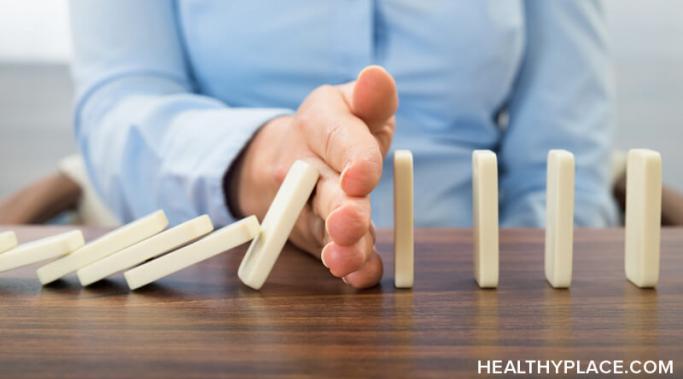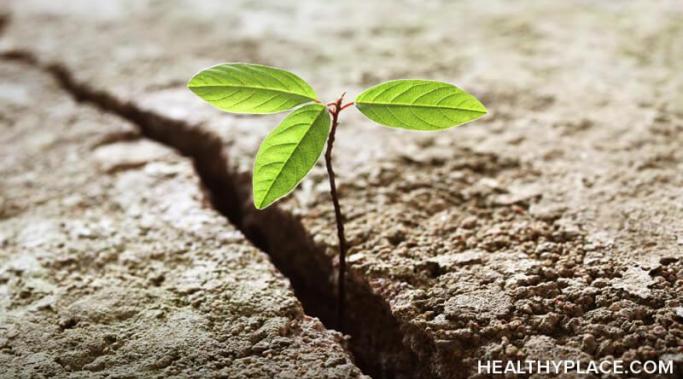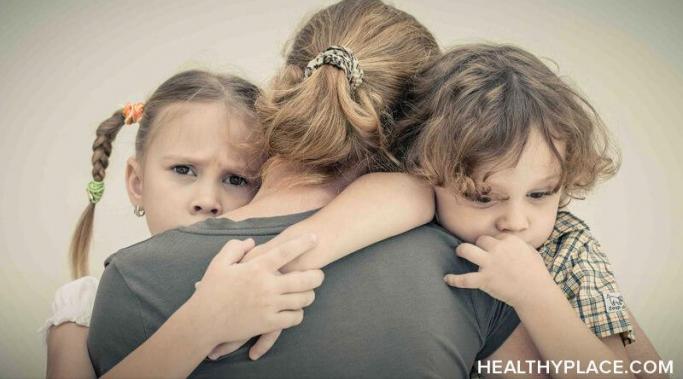Impulsivity is not the only impulse control issue that can coincide with mental illness. The opposite can also be a problem: excessive self-control. I can remember being overly concerned about controlling my impulses from a very young age, even though I was never a very impulsive child. For some reason, I thought I had really bad self-control and needed to be more in control. To this day, I still struggle to simply act on my impulses without a lot of anxiety; excessive self-control causes problems for me.
Coping Skills
We need executive dysfunction coping skills because this type of dysfunction is a common symptom of all kinds of mental illnesses, from attention-deficit/hyperactivity disorder (ADHD) to depression to posttraumatic stress disorder (PTSD). Executive dysfunction makes a person struggle to perform tasks that they are otherwise completely capable of performing. Although this is often mistaken for laziness, it is a completely different experience.
A new baby impacts your mental health just as many life events can have a significant impact on mental health recovery, a fact which I've been reminded of recently. Just a few weeks ago, I had a beautiful baby boy, and though I've been lucky enough to avoid postpartum depression, I've still had to make several adjustments in order to prioritize my mental health. In this post, I want to share a few of my tips for maintaining good mental health even through all the chaos of bringing home a new baby.
Recently, I've learned that behavior that is convenient for others is not always healthy behavior for me. I was taught at a young age that my natural reactions to things were "overdramatic" or "wrong" and so I started to hide my real reactions and feelings. I got very good at doing what I was "supposed" to do and being the way I felt I was "supposed" to be. Over time, I became much more concerned with making sure my behavior was convenient for others rather than healthy for me.
The holidays are upon us, which means it's more important than ever to set healthy boundaries to maintain your mental health and wellbeing. Family parties, gift-giving, and the pressure to enjoy yourself can all impact your mental health during the holiday season, especially if you don't have solid boundaries set up to protect yourself. In the past, all of these things have made me miserable throughout the holiday season, but over the years I've learned how to set healthy boundaries and actually enjoy the holidays despite my mental health issues.
Is it possible to be grateful for mental illness? Some days, I hate having mental health issues and would do almost anything to make them go away forever. But other days, on my better recovery days, I'm almost grateful for my mental illness. It feels weird to be grateful for something that makes me so miserable so often, but at the same time, I think it's the natural result of living with a chronic condition. After all, the reality is that I can't make my mental illness go away, so I might as well find some silver linings.
People might think I have my life together, and for the most part, I do. But even after years of recovery, I still struggle. My struggles and how I react to them are different now from when I was first diagnosed, but some days it is painfully clear that recovery is a lifelong battle.
It might sound simple, but knowing how to process emotions instead of reacting to them has been a huge part of my mental health recovery journey. My automatic instinct when I feel any emotion is to react to it with another emotion. Then I react to that emotion, and the cycle continues until I have gotten myself truly worked up and the original emotion has been buried beneath layers of confusion and shame. Clearly this isn't the healthiest method for dealing with emotions. Through therapy and journaling, I'm learning to process my emotions instead of reacting to them.
What is the aftermath of toxic relationships? In general, I am a positive person who can see the good in people, but I recently went through a tough situation with a person that left me questioning how I cope with stress and handle social interactions. This person is no longer around me but this situation has had a big impact on my life. I want to share the things that I've learned.
My daughter is only three years old, but I already worry that she might experience some of the same mental health issues I did growing up. There are some signs I want to look for.
